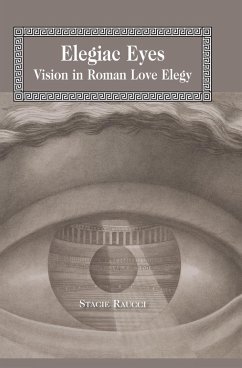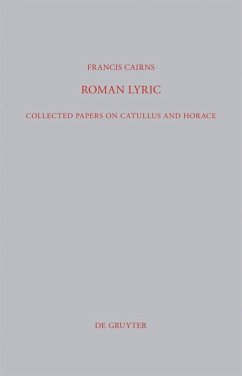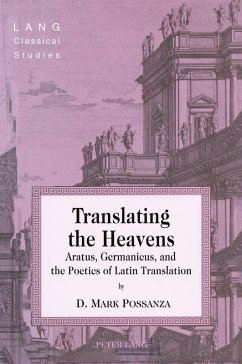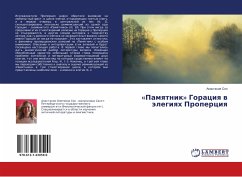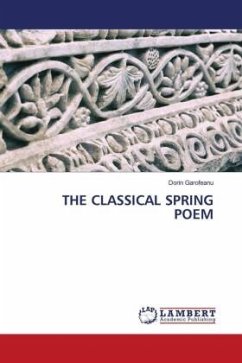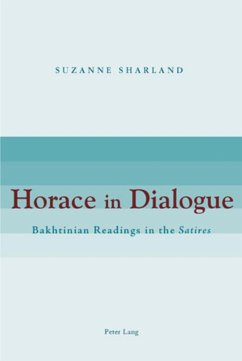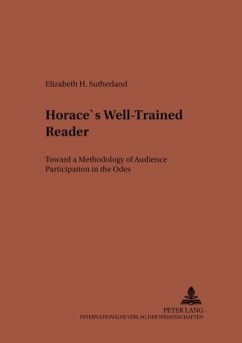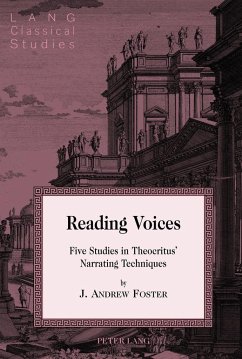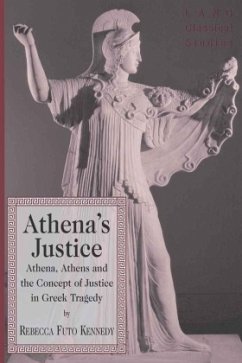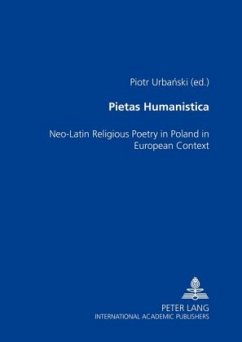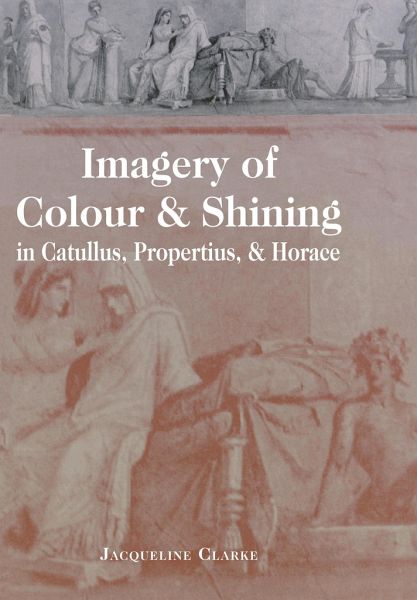
Imagery of Colour and Shining in Catullus, Propertius, and Horace
Versandkostenfrei!
Versandfertig in 6-10 Tagen
77,95 €
inkl. MwSt.

PAYBACK Punkte
0 °P sammeln!
In recent years there has been growing interest in the concepts of pictorial vividness ("enargeia") and pictorial description ("ekphrasis") in the works of ancient writers. Colour imagery can play a significant part in such pictorial effects. This book explores the visual and stylistic contributions that words for colour and shining make to the poetry of Catullus, Propertius, and Horace. First, the instances of colour usage by the three poets are analyzed and compared with the colour imagery of other ancient poets and artists. "Colour readings" of selected poems follow, illustrating how colour...
In recent years there has been growing interest in the concepts of pictorial vividness ("enargeia") and pictorial description ("ekphrasis") in the works of ancient writers. Colour imagery can play a significant part in such pictorial effects. This book explores the visual and stylistic contributions that words for colour and shining make to the poetry of Catullus, Propertius, and Horace. First, the instances of colour usage by the three poets are analyzed and compared with the colour imagery of other ancient poets and artists. "Colour readings" of selected poems follow, illustrating how colours are employed by these poets to heighten the visual impact of their poems and influence the reader's emotional responses. This book fills a gap in the scholarship on colour in ancient poetry and provides fresh perspectives on the work of three important poets.



